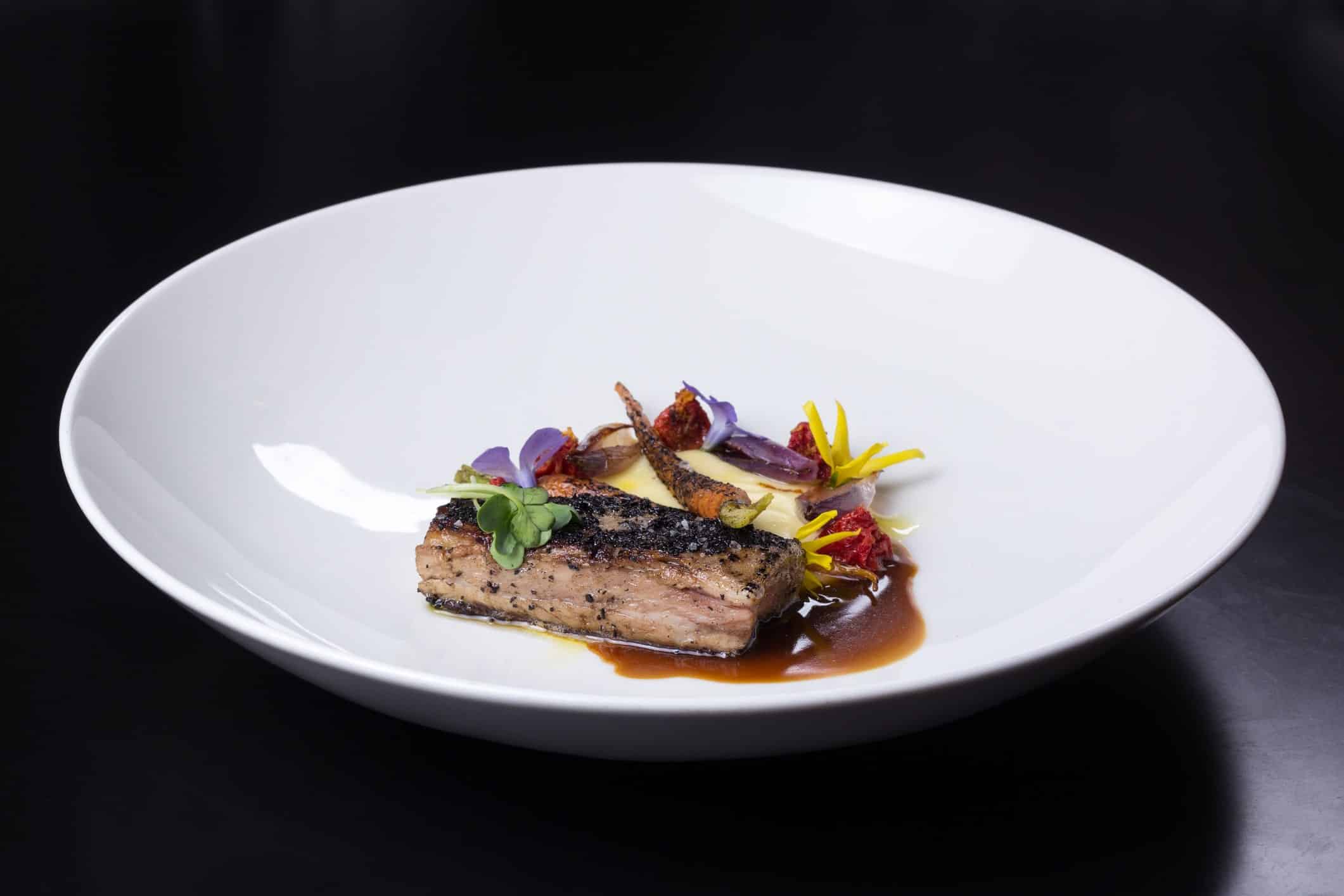Office food service improves workplace productivity by reducing time spent leaving for meals, creating informal collaboration opportunities, boosting employee satisfaction, providing proper nutrition for sustained energy, and offering a cost-effective workplace benefit. Berman & Wallace provides office food service throughout Dublin with menu options that keep teams energised and focused throughout the workday.
Meeting Different Office Needs
Various workplace environments require different approaches to office food service based on company size, culture, and schedule demands. Small businesses might arrange office food service for weekly team lunches that build camaraderie while keeping staff onsite. Large corporations often implement daily office food service with rotating menus that cater to diverse employee preferences. Tech companies frequently use office food service as a recruitment and retention tool, highlighting quality food as part of their benefits package. Healthcare settings need office food service that accommodates round-the-clock shifts, with options available for staff working non-standard hours. Professional service firms like law offices and consultancies use office food service for client meetings, making food quality an extension of their brand impression.
Morning Options
Breakfast choices form an early touchpoint for office food service that sets the tone for the workday. Coffee service represents the minimum standard for morning office food service, though quality and selection vary widely between providers. Continental breakfast spreads make common appearances in office food service, offering pastries, fruit, yoghurt, and cereals that accommodate quick consumption. Hot breakfast stations appear in more premium office food service packages, providing eggs, breakfast meats, and warm options prepared onsite or delivered ready-to-serve. Grab-and-go selections work well for office food service in fast-paced environments where employees may arrive at different times. Health-conscious morning options have grown more common in office food service, with protein-rich choices and lower-sugar alternatives gaining popularity.
Lunch Planning
Midday meals constitute the core offering of most office food service programmes. Buffet-style service remains popular for office food service, allowing employees to select portions and combinations that suit their preferences. Boxed lunches provide an individually packaged option for office food service, particularly useful for meetings or when space constraints limit setup options. Hot lunch offerings add variety to office food service rotations, though they require proper equipment to maintain temperature and quality. Sandwich and salad bars give customisation options in office food service, accommodating varying dietary needs within a single setup. Many companies now expect plant-based alternatives as standard in their office food service, reflecting changing dietary preferences among employees.
Afternoon Provisions
Later day offerings help maintain energy levels when productivity might otherwise dip. Snack stations stocked throughout the day extend the value of office food service beyond main meals, providing grab-and-go options for quick energy boosts. Beverage service beyond basic coffee and water enhances office food service with options like sparkling water, teas, and sometimes juice selections. Sweet treats appear as occasional additions to office food service, particularly for celebrations or Friday afternoons as weekly rewards. Fruit and vegetable platters offer healthier afternoon alternatives in office food service, providing nutrition without heaviness that might reduce afternoon productivity. Some office food service programmes include “happy hour” provisions for late-week social gathering, building team connections while keeping staff onsite.
Dietary Considerations
Meeting various nutritional needs has become expected rather than optional in modern office food service. Allergy management protocols need clear documentation in office food service, with proper labelling and cross-contamination prevention measures. Religious dietary restrictions require attention in office food service planning, particularly in diverse workplaces with employees from various cultural backgrounds. Vegetarian, vegan, and plant-based options now appear regularly in office food service rather than as special requests. Gluten-free alternatives have become more prevalent in office food service as awareness of coeliac disease and gluten sensitivity has increased. Office food service that includes nutritional information helps employees make choices aligned with their health goals.
Budgeting Approaches
Financial considerations shape the scope and quality of office food service programmes. Per-head daily rates form the standard pricing model for regular office food service, with variations based on menu complexity and service level. Partial subsidy arrangements allow companies to provide office food service while employees contribute a portion of the cost. Corporate account systems simplify billing for occasional office food service rather than ongoing programmes. Volume discounts often apply to larger or ongoing office food service contracts, making consistent programmes more cost-effective than ad-hoc ordering. Some companies track the return on investment from office food service by measuring reduced time away from the office and improved employee satisfaction metrics.
Workplace Integration
Physical and cultural factors affect how office food service functions within specific environments. Space requirements need careful planning for office food service, from preparation areas to seating for employees during meals. Scheduling considerations affect office food service delivery windows, setup times, and cleanup to minimise workplace disruption. Communication methods about daily office food service offerings vary from simple menu emails to dedicated apps or intranet postings. Waste management practices have gained importance in office food service, with many companies seeking reduced packaging and composting options. Employee feedback mechanisms help refine office food service over time, with surveys and suggestion systems improving alignment with workforce preferences.


